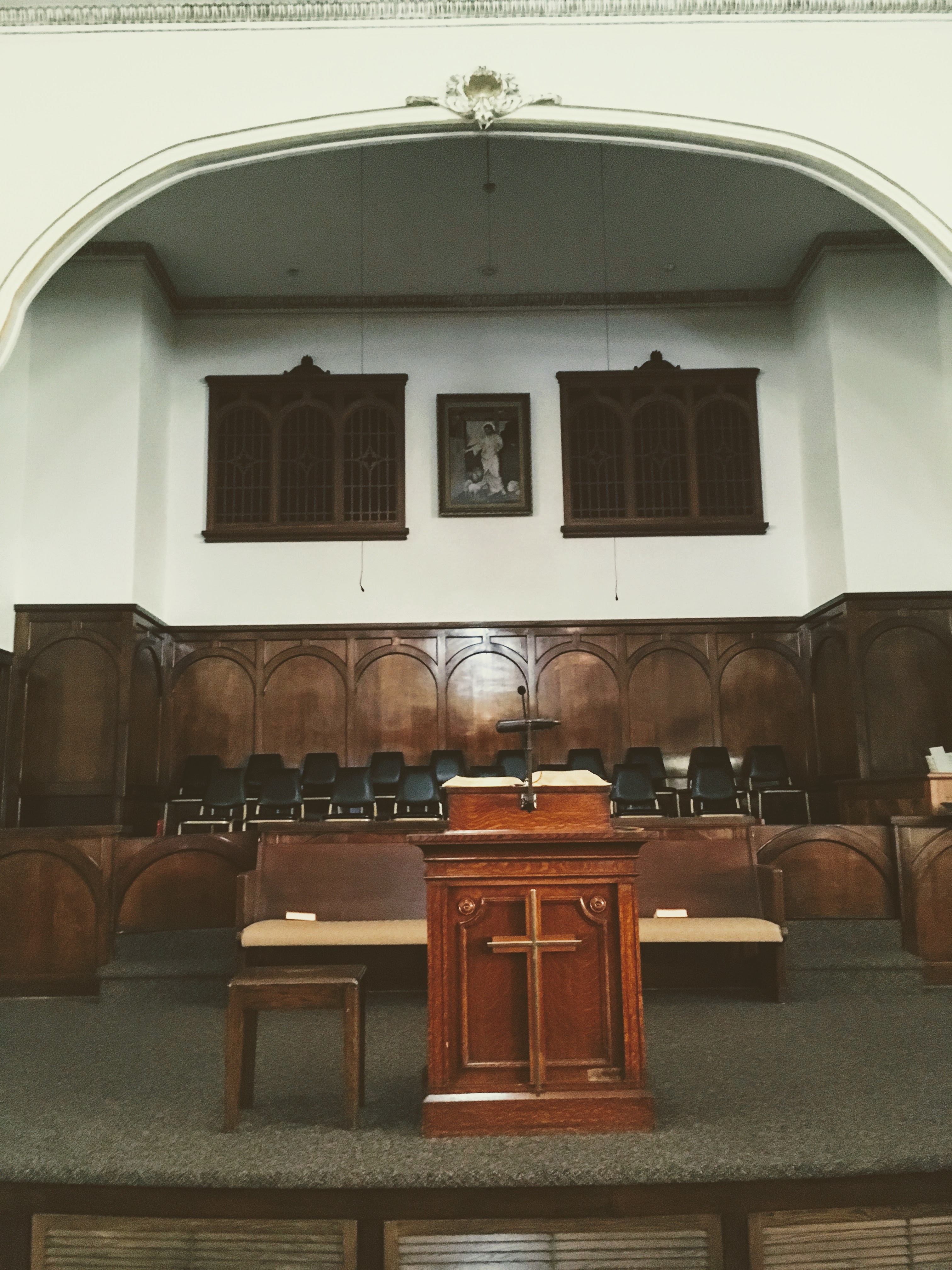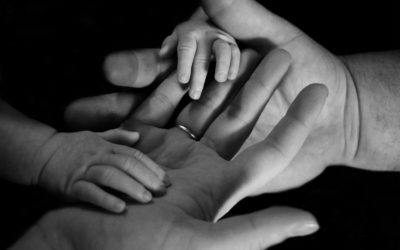The Quaker Peace Testimony
April 26, 2020
Scripture: James 3:13-18
Music: Molly Loesch
Announcements:
- The newsletter, The Light, is coming out this week.
- This week will be the last week that Jennifer Exline will be our secretary. Please find a moment to express your gratitude for her years of service to our congregation. (And if you stop by the office, remember to wear a mask.)
- Please also take a few minutes to fill out the meeting survey, which we sent out on email and is also on the church website, wichitaquakers.org. It will help us as we prepare for a retreat with Colin Saxton.
Prayer concerns:
- Mary Hiebert has asked for prayer for her brother, Roger Hildwein. He survived a heart attack mid-February and will be having surgery (angioplasty with stent) this coming Tuesday in Seattle.
- Greg Newby awaiting news from a cancer biopsy
- Those grieving:
- Nellie Peters and her family on the loss of her daughter Valerie
- Stan and Eloise Brown and their family on the loss of Stan’s brother Floyd
- Countless others in our state, in our country, and in our world
- Our congregation as we deal with the realities of a pandemic along with the chaos of transition
Prayer
God of all peace, when so much of the world seems crazy, we turn to you.
We ask for wisdom as we move forward, wisdom that is “peaceable, gentle, willing to yield, full of mercy and good fruits” (James 3:17).
Last week I began a series of messages on the Quaker testimonies, the SPICES as they are sometimes called:
- Simplicity
- Peace
- Integrity
- Community
- Equality
- Stewardship or service or social justice (and some people leave off the last S altogether)
These testimonies are grounded in a basic idea that faith is something we need to live out, not just talk about. And the testimonies are also grounded in a basic idea that the kingdom of God, the reign of God, is something that can be part of our world today. “Thy kingdom come on earth as it is in heaven.”
A testimony is, in the words of Wilmer Cooper in A Living Faith, “outward expression of an inward leading of the Spirit, or an outward sign of what Friends believe to be an inward revelation of truth” (p. 101).
Last week I talked about the testimony of simplicity. Today I’m going to be talking about the peace testimony.
I noted last week that the testimony of simplicity is usually thought of as a personal journey, while we recognize that it has social effects. The testimony of simplicity calls us to recognize that things can get in our way of following Jesus. It also calls us to recognize that the things we own can be channels of love or seeds of war. It’s a personal journey with social implications.
In a kind of opposite way, we typically think of the peace testimony as a political or social position with interpersonal and personal aspects – it looks at our view of war, but also at our relationships and our inner lives.
As I begin, I want to acknowledge that the peace testimony is an ideal, something we hold up as important and valuable. Like simplicity, peace is more of a journey than a rule. Where people are on that journey is going to vary.
A couple of months back, when I was reading about the history of Quakers in Kansas, I came across an article in a journal of Kansas history called, “The Devolution of Quaker Pacifism: A Kansas Case Study,” by Cecil Currey. Currey observed,
A steady reversal of the Quaker position on nonresistance may … be traced among Kansas Friends. During the Civil War, three young men were ‘disowned’ for bearing arms. All others seem to have held steadfastly to long-honored traditions of this ‘historic peace church. … In [World War I], twice as many men worked in alternate civilian relief and rehabilitation tasks as served in the military.
… Between December 1941 and August 1945, young men from the Kansas Yearly Meeting chose by a four-to-one margin to serve as combatants, rather than in noncombatant military roles or … in [the Civilian Public Service, a national system of work camps for conscientious objectors { https://en.wikipedia.org/wiki/CPS}] …. ***
By the 1950s, pacifism as a Quaker doctrine played no part in the life of the Kansas Yearly Meeting. (p. 132, https://www.kshs.org/publicat/history/1983summer_currey.pdf).
Kansas Yearly Meeting wasn’t the only one. My graduate school professor, Jim Childress, grew up in North Carolina as what he called a “just war” Quaker, not a pacifist.
The point here is that, while Quakers have long held to the ideal of pacifism, Quakers are all over the map on whether and how they hold to that ideal with regard to war.
Sidebar on guns: The Quaker peace testimony doesn’t say guns are bad. I grew up with guns in the house – my dad owned several hunting rifles, and we had a BB gun as well as the old 22 that my grandma had on the homestead in New Mexico. I don’t own a gun these days, mostly because I just never wanted one. If I had one, I think it would be more likely that someone who wanted to harm me would take it away before I could bring myself to shoot a fellow human being.
I’m not tackling the issue of gun control and the second amendment today.
I am going to talk about the peace testimony.
So, what does the peace testimony say?
The occasion for the first formal statements of the Quaker peace testimony was the restoration of the monarchy in England near the end of May, 1660, after almost a decade of Puritan rule. In that context, the newly installed King Charles II was trying to make sure he had all his ducks in a row, and he was worried about whether Quakers would support him.
George Fox, the founder of Quakerism, was in jail. Enter his wife, Margaret.
Margaret Fell, sometimes called the mother of Quakerism, made the almost 300-mile trip from her home at Swarthmore Hall to London, where she pleaded for George’s freedom.
On June 22, 1660, Margaret Fell met with King Charles II and protested the persecution of Quakers and included the assurance that, while Quakers would not swear loyalty to the king, neither would they fight against him (Kunze, Margaret Fell and Rise of Quakerism, pp. 137-138).
We are a people that follow after those things that make for peace, love and unity; it is our desire that others’ feet may walk in the same, and do deny and bear our testimony against all strife, and wars, and contentions that come from the lusts that war in the members, that war in the soul, which we wait for, and watch for in all people, and love and desire the good of all… (https://qfp.quaker.org.uk/chapter/19/).
The corporate version of the peace testimony came out several months later:
All bloody principles and practices we do utterly deny, with all outward wars, and strife, and fightings with outward weapons, for any end, or under any pretence whatsoever, and this is our testimony to the whole world. That spirit of Christ … which leads us into all Truth will never move us to fight and war against any man with outward weapons, neither for the kingdom of Christ, nor for the kingdoms of this world. (https://qfp.quaker.org.uk/passage/24-04/)
You might notice that neither of these statements says anything about the sanctity of human life. Quakers didn’t stand against war because they held that every human life is sacred.
Margaret Fell’s version says we stand against war because “We are a people that follow after those things that make for peace, love and unity.”
The later version says we stand against war because we follow the Spirit of Christ.
Early Quakers were concerned about “the violence, the hate, the selfishness inevitably involved in fighting…” (p. 107, Cooper, Living Faith).
Early Quakers took seriously the teachings of the Bible, such as in Matthew 5:43-44:
43 “You have heard that it was said, ‘You shall love your neighbor and hate your enemy.’ 44 But I say to you, Love your enemies and pray for those who persecute you…. (NRSV)
A bumper sticker sold by the Church of the Brethren says, “When Jesus said love your enemies, I think he meant don’t kill them.” 😊 (https://www.brethrenpress.com/ProductDetails.asp?ProductCode=1972)
Of course, the Bible also includes Romans 13, which calls for submission to government authority. The Bible also includes stories of God calling the Israelites to wipe out whole cities – men, women, children, livestock – everything.
At this point, I am tempted to launch into a lecture on Christian views of war. I have repeatedly taught a unit on war in my ethics classes. At Earlham College, I taught a whole semester on religious views of war.
Let me just note that Christian views of war fall on a spectrum from non-resistant pacifism to holy war. As Quakers are all over the map when it comes to the peace testimony, so Christians are all over the map when it comes to war.
My own considered opinion is that war is stupid. It is not a good way of solving problems. Even when one might acknowledge that war seems to be the only option, it is, as someone else has put it, “wasteful and ineffective” (http://www.bbc.co.uk/ethics/war/against/pacifism_1.shtml).
Thinking about the ethics of war is important. Teaching our youth about it is valuable. But when I woke up at 1:00 o’clock this morning, I realized the ethics of war isn’t the most important message about the peace testimony for this morning.
So, what is the most important message about the peace testimony for this morning? That message has to do with interpersonal conflict.
Here is what James 3:17-18 says in The Message:
17-18 Real wisdom, God’s wisdom, begins with a holy life and is characterized by getting along with others. It is gentle and reasonable, overflowing with mercy and blessings, not hot one day and cold the next, not two-faced. You can develop a healthy, robust community that lives right with God and enjoy its results only if you do the hard work of getting along with each other, treating each other with dignity and honor.
We don’t always do that hard work.
Many Quakers are really good at avoiding conflict, and there are times when avoiding conflict is appropriate.
But if avoiding conflict is the prevailing pattern, it means that real problems get swept under the metaphorical rug. That’s not good.
In a church where avoiding conflict is the prevailing pattern, people learn to either put up with stuff (or another s-word) or they leave. What’s the result? You get a small congregation with a high tolerance for stink. This I know experientially.
What’s the alternative? A lot of hard work.
Earlier this past week, as I was working on this message, I remembered an approach to conflict that was developed by New York Yearly Meeting. They call it Conflict Transformation.
In the material about Conflict Transformation, is a link to an article from Friends Journal. I’m going to share some of that article with you. It’s called, “When Conflicts Arise: Crisis or Invitation?” by Peter Phillips and the New York Yearly Meeting Committee on Conflict Resolution, in the April 2013 issue of Friends Journal (https://www.nyym.org/sites/default/files/WhenConflictsArise-FJ-2013-04.pdf).
As Quakers, our attitudes towards conflict can be ambivalent. Some aspects of Friends testimonies suggest that we would not be prone to conflict among ourselves. We like to see ourselves as peace loving; we certainly hope to never be violent or coercive. Friends aspire to spiritual tolerance and being open to diverse views and beliefs. We hold that there is that of God in every person, and thus that each person is deserving of respect. Believing this, how could we ever hurt each other, even unintentionally? At the same time, our commitment to truth and integrity means that Friends can be strong-minded. … Like all other humans, Friends can be stubborn, accusatory, judgmental, persnickety, eccentric, dismissive, irritatingly over-buoyant, pedantic, and persistent…. (p. 12)
I don’t know anyone like that, do you? 😊
So what happens when conflicts do arise? How do monthly meetings respond when an attender is made uncomfortable by the physical advances shown to her by an elderly member, and is prompted to no longer attend? What happens when the treasurer cannot account for some thousands of dollars entrusted to her? What happens when during a building project to restore the meetinghouse, the advice of a long-standing and experienced member is not followed, causing profound hurt? What happens when a coldness between two Friends goes beyond ignoring each other at social hour, beyond parking lot gossip, and blossoms into a public, toxic dance, making the rest of the meeting flee? What about the Friend who preaches at length every First Day, on inscrutable topics, reading from a prepared paper? By tolerating such dysfunction in our meetings, we end up enabling bad behavior, and realize too late that we are paying a price: our meeting shrinks; the joy disappears; and our labors become wearisome. (p. 13)
As New York Yearly Meeting’s committee did its work, it made some observations:
• Quakers are uncomfortable discussing conflict in plain and simple terms. We are slow to acknowledge it—to put a name to it—even when it hits us when we enter the meetinghouse as strongly as the scent of newly baked bread.
• We often cannot bring ourselves to handle either inner conflict or corporate conflict with joy and confidence, as we do other tasks. We think we lack the necessary skills to bind our own wounds, which we perceive are unique to us, have not been experienced by others, and are too embarrassing to discuss with Friends outside the meeting.
• Quakers sometimes confuse tolerance with enabling, and in this way equate enduring hurtful, bad behavior with open-mindedness and liberality. They often conclude that dysfunction is the price one pays for an accepting and open heart.
• Many conflicts within Friends meetings arise from issues involving money or other property.
• Most conflicts that grow out of hand and seriously disrupt monthly meetings do so either because of a failure of corporate eldering (which does not mean personal scolding) or because of a failure of the Ministry and Counsel Committee to faithfully fulfill its charge of caring for the spiritual life of the meeting. (p. 13)
How many of those sound familiar?
As the New York committee looked at literature about conflict resolution, they noticed some themes, and this one stood out to me:
… most people who act out do so because they are not getting something that they need. Usually it is not merely attention. … It may be dignity, affection, respect, sense of belonging, or having been heard. (p. 13) …
Perhaps the best questions to ask when observing and assessing an interpersonal conflict are: What does that person need that she’s not getting? And does the meeting have a role in providing it? (p. 14) …
How can we use this event as an opportunity to change ourselves into a body that is not as susceptible to fostering hurt and anger? How can we advance to a new place in our journey? (p. 14)
The article closes with these words:
It is a truism that conflict is always with us. Because that is so, let us make the most of it. Let us take the opportunity to embrace the tension and grow from the experience of transformative practice. Let us have the courage to believe in one another, even in conflict, even in change. (p. 14)
And I will close with these words from James 3:
17-18 Real wisdom, God’s wisdom, begins with a holy life and is characterized by getting along with others. It is gentle and reasonable, overflowing with mercy and blessings…. You can develop a healthy, robust community that lives right with God and enjoy its results only if you do the hard work of getting along with each other, treating each other with dignity and honor.
We are meeting in person and also streaming our sermons on Facebook at 10:00 AM CST. Watch live:
https://www.facebook.com/universityfriendschurch/
Not on Facebook? You can see all of our posts and videos on our site here!



